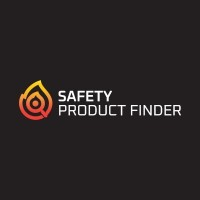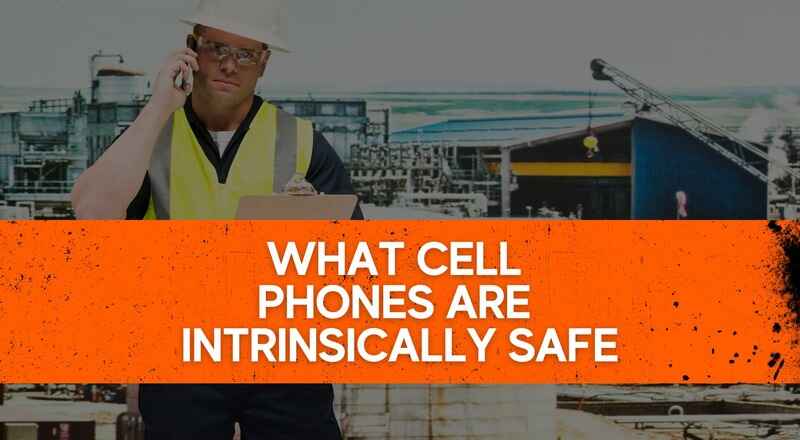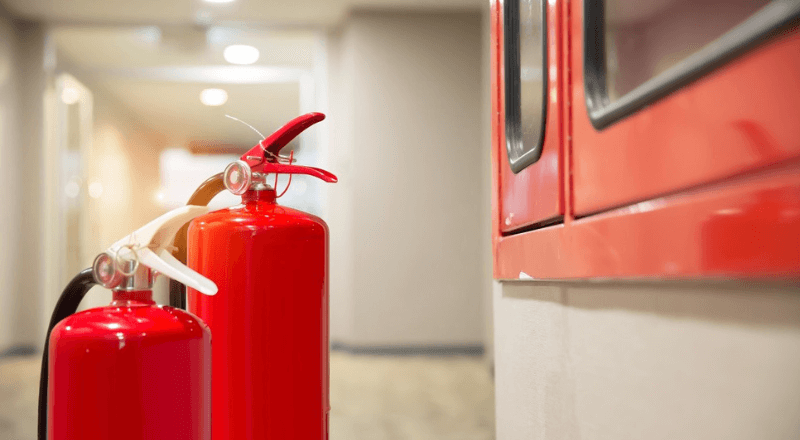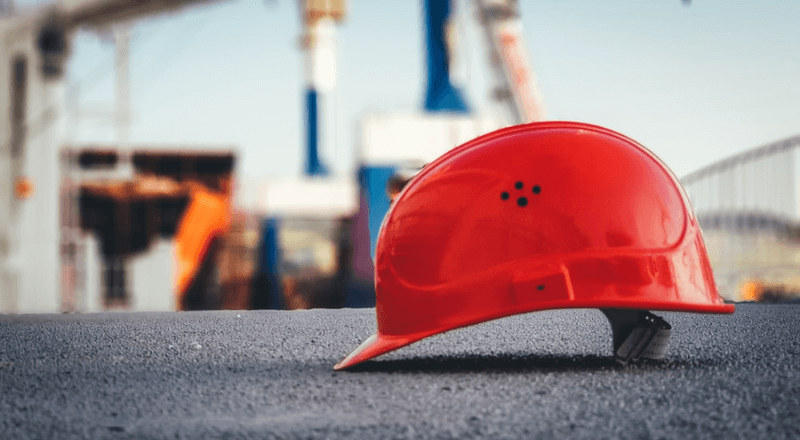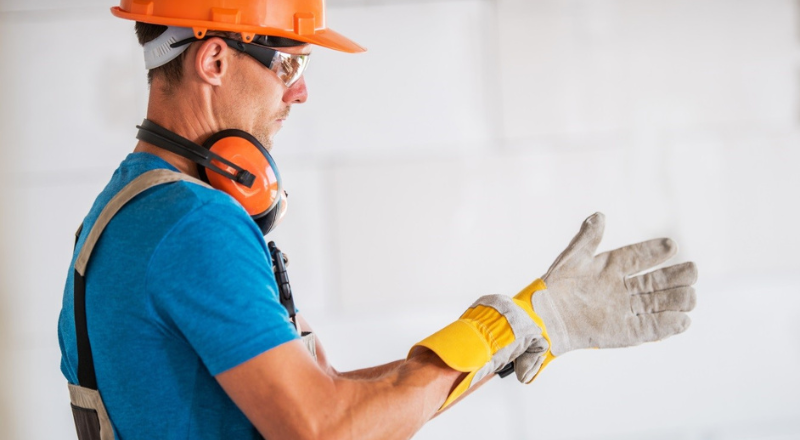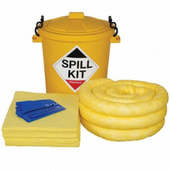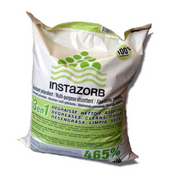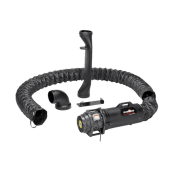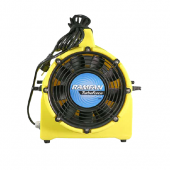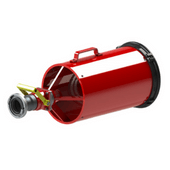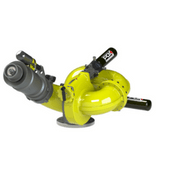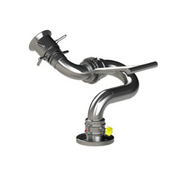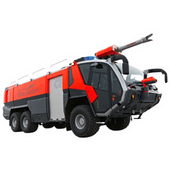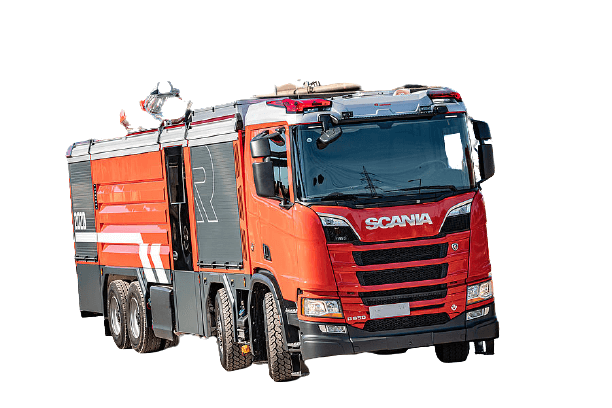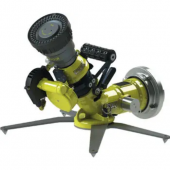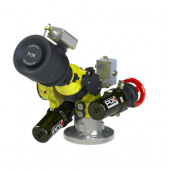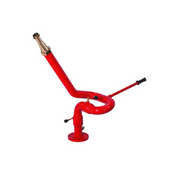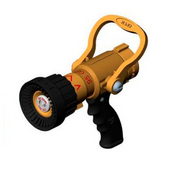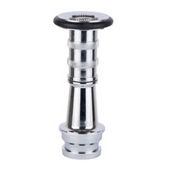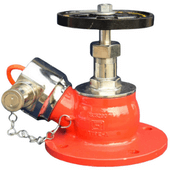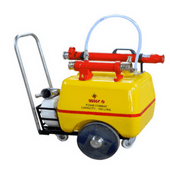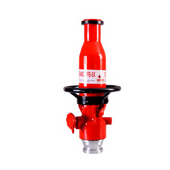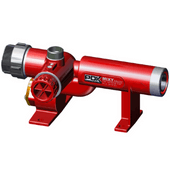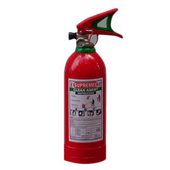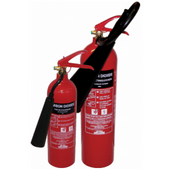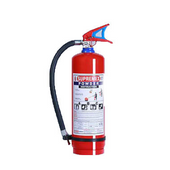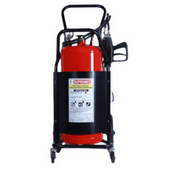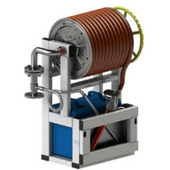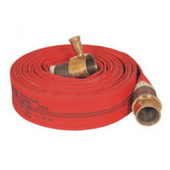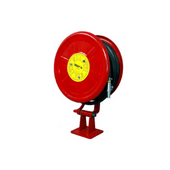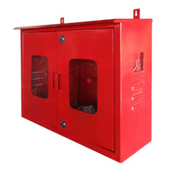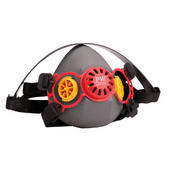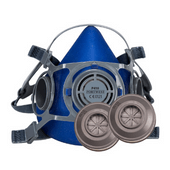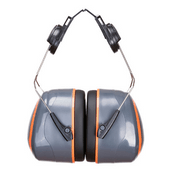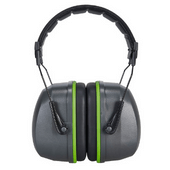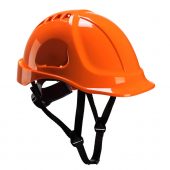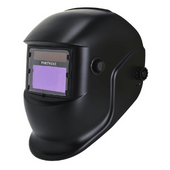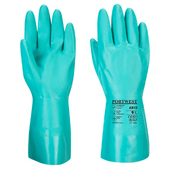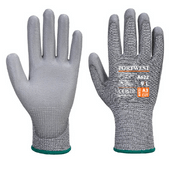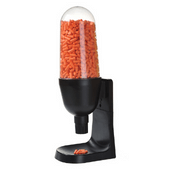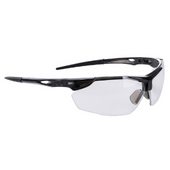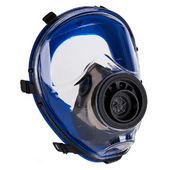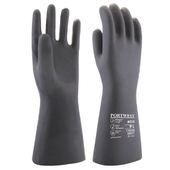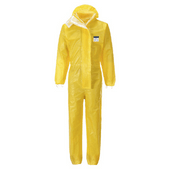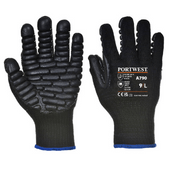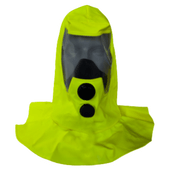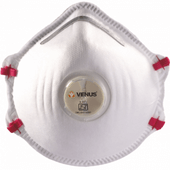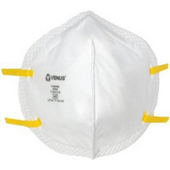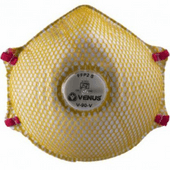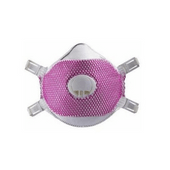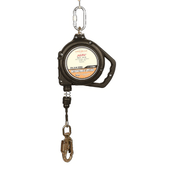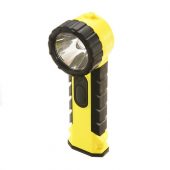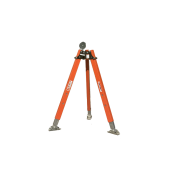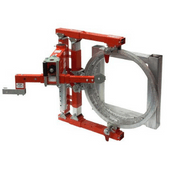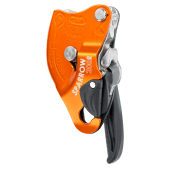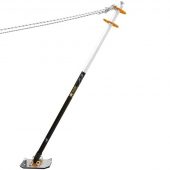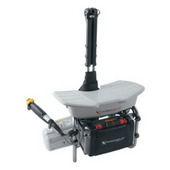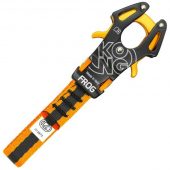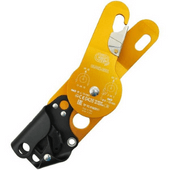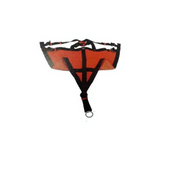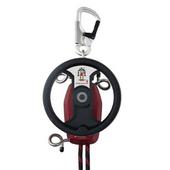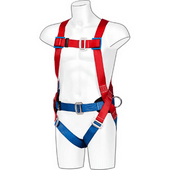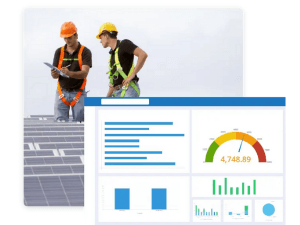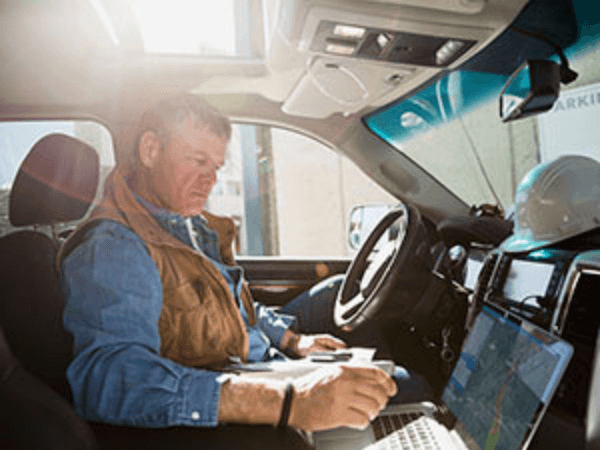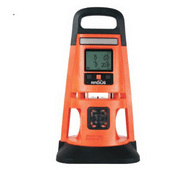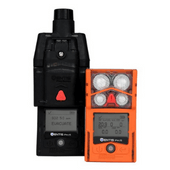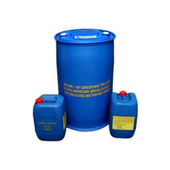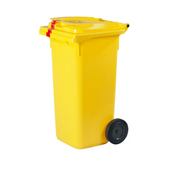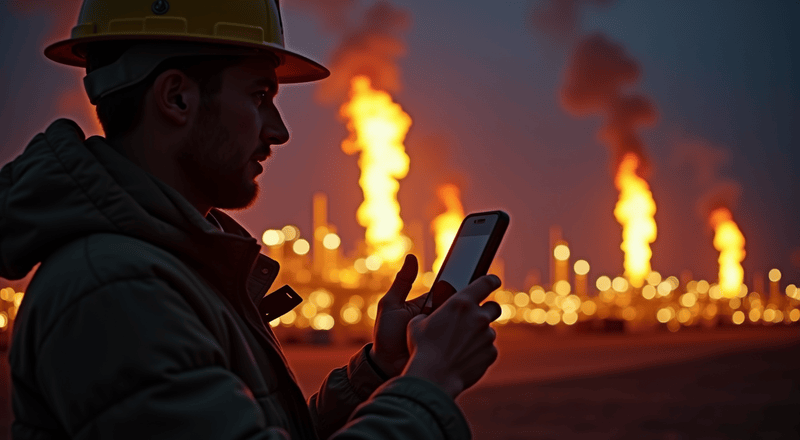
Exciting Secrets: Important Flameproof Mobile Phone Certifications
Introduction to Flameproof Phones
Definition and Importance
Flameproof mobile phones are specifically designed to operate safely in hazardous environments where flammable gases, vapors, or combustible dust may be present. These devices are engineered to prevent ignition that could lead to explosions, making them essential tools in industries such as oil and gas, chemical manufacturing, and mining.
Brief Overview of Uses
Flameproof mobile phones are widely used in environments where explosive atmospheres can occur due to the presence of flammable substances. These include petrochemical plants, offshore drilling platforms, and other industrial settings where safety is paramount. To ensure their reliability, these phones must meet stringent certification standards that verify their ability to operate safely under hazardous conditions.
Understanding Certifications
What Are Certifications?
Certifications are formal approvals provided by regulatory bodies to confirm that a product meets specific safety and performance standards. In the case of flameproof mobile phones, these certifications ensure that the devices can be safely used in hazardous environments without posing a risk of ignition.
Why Certifications Matter in Flameproof Phones
Certifications are crucial because they guarantee that a phone has undergone rigorous testing to meet international safety standards. Without proper certification, a device could pose serious risks, including fires, explosions, and equipment failures, endangering both personnel and infrastructure.
Key Certifications for Flameproof Mobile Phones
ATEX Certification
The ATEX (Atmosphères Explosibles) certification is a European standard that ensures electrical equipment is safe to use in explosive atmospheres. This certification is mandatory for devices used in hazardous areas within the European Union.
IECEx Certification
The International Electrotechnical Commission Explosive (IECEx) certification is a globally recognized standard for explosion-proof equipment. It ensures that flameproof phones meet international safety regulations and can be used across different regions without requiring additional approvals.
UL Certification
Underwriters Laboratories (UL) certification is a North American safety standard that verifies a device’s compliance with rigorous explosion-proof requirements. Phones with UL certification have been tested to ensure they meet strict safety and performance guidelines.
IP Rating
The Ingress Protection (IP) rating indicates a phone’s resistance to dust and water. This rating is crucial for durability, especially in extreme environments where moisture, dust, and debris are common hazards.The “IP” stands for Ingress Protection (or International Protection) and is followed by two numbers. The first number indicates the level of protection against solid particles (dust, dirt, etc.) and ranges from one to six. The second number tells you how much water a device can handle without suffering damage, and it goes from one to nine — the higher the number, the better the protection against liquids. A handset with an IP67 rating is entirely dust-tight and will survive in up to one meter of water (3.3 feet) for up to 30 minutes. An IP68-rated device is also completely dust-tight. It is protected against the effects of long periods of immersion in water, which usually means it will survive in up to 1.5 meters (4.9 feet) of water for 30 minutes. If a phone is IP69 rated, it means it can also handle really hot water under high pressure.
However, IP rating alone will not guarantee that a mobile phone is flame proof . it is to be checked in addition to the ATEX/IECEx/UL certification.
Certification Requirements in India
It is common misconception among the industry professionals that flame proof mobile phones are certified by PESO (Petroleum explosives and Safety Organisation) and DGMS (Director General of Mines Safety). However, there is no such certification is provided by these regulators for mobile phones for use in hazardous atmospheres. Also, there is no BIS certification for flame proof mobile phones. Buyers need to ensure either ATEX or IECEx or UL certifications for the products to ensure their suitability.
Examining ATEX Certification
Meaning of ATEX
ATEX is derived from the French term “Atmosphères Explosibles” and refers to the European directives for equipment used in explosive atmospheres.
What It Covers
ATEX certification includes classification of hazardous zones and specifies safety measures required for devices operating in these areas. Phones must be designed to prevent sparks, overheating, or any other factor that could lead to combustion.
Importance for Flameproof Phones
ATEX certification ensures that flameproof phones are suitable for use in hazardous European workplaces, reducing the risk of explosions and enhancing overall safety.
Overview of IECEx Certification
Definition of IECEx
IECEx is an international certification system for equipment intended for use in explosive atmospheres. It ensures compliance with globally accepted safety standards.
Role in Safety Standards
This certification provides a harmonized approach to equipment testing, making it easier for businesses to use certified products across multiple regions.
Benefits for Users
IECEx-certified flameproof phones provide global recognition, reducing the need for additional approvals and ensuring reliable safety in hazardous environments.
UL Certification Explained
Understanding UL Marking
UL certification is a mark of compliance with North American safety standards, ensuring that a product has been thoroughly tested for explosion-proof requirements.
How It Ensures Safety
UL-certified phones undergo rigorous testing to confirm they can safely operate in explosive environments without causing ignition.
Relevance to Flameproof Phones
UL certification is essential for companies operating in North America, ensuring that their flameproof phones comply with local safety regulations.
Choosing the Right Flameproof Phone
Factors to Consider
When selecting a flameproof phone, it is important to consider factors such as certification compliance, durability, battery life, and ease of use.
Comparing Different Certifications
Understanding the differences between ATEX, IECEx, and UL certifications helps in choosing the right phone for specific regional and industry requirements.
Tips on Selecting the Best Option
- Check for relevant certifications based on your industry and location.
- Look for high IP ratings for better durability.
- Consider additional features such as battery performance, connectivity, and rugged design.
Conclusion
Flameproof mobile phones play a crucial role in hazardous environments, and their safety is ensured through certifications like ATEX, IECEx, and UL. IP ratings further enhance their durability and usability.
Investing in certified flameproof phones is essential for ensuring workplace safety and operational efficiency. Companies should always prioritize devices that meet established safety standards.
Encouragement to Prioritize Certified Phones
Choosing a properly certified flameproof phone is a critical step in preventing workplace hazards. Always verify certifications before purchasing to ensure the highest level of safety and reliability in explosive environments.
Click here to check out our Buying guide for flame proof mobile phones




